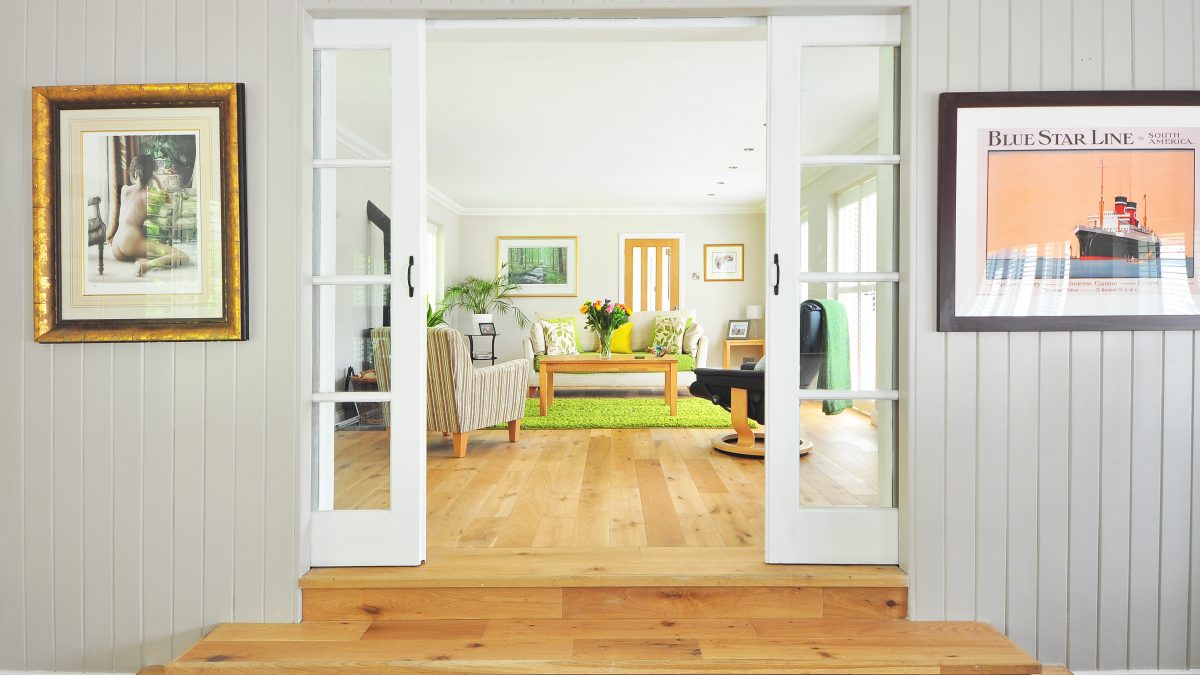Is It Time To Consider Downsizing?
March 22, 2018
Jessica and Greg – Downsize Success Story
March 25, 201810 Mistakes to Avoid When Buying an Investment Property

10 Mistakes to Avoid When Buying an Investment Property
Using your hard-earned money should mean that you do your research when buying an Investment Property. So be sure to do your research. The goal is to start your portfolio off successfully. I recommend looking outside your area and trust in your Realtor®. They will guide you in the right direction. Almost every prospect requires that you start out low and work your way up. Real estate investments are no different. It’s important to begin with a solid property before finding a challenge. Start out with smaller, cheaper properties that you can afford and look into rents in that area.
If you look in Maple Ridge for example, you can buy a $199,900 property that can bring in $1200 a month in rent. With 20% down you’ll be bringing in a positive cash flow, after mortgage and strata fees are paid. Be it a small return but it’s a return none the less. That’s exactly what you want to be doing, which is making money. So think outside the box and start small. Once you’ve got the hang of it then you can add to your portfolio. In no time you’ll have 5-10 properties and be on the way to financial freedom.
The prices in Greater Vancouver are inflated, so learn other areas in BC. Reason being is that the prices in the surrounding areas are better. Making it easier to get into the market at an affordable price. So instead of buying a $600,000 downtown property, maybe think of investing elsewhere. This is so that you can grow that positive cash flow.
Plenty of challenges accompany the current real estate market. So those who invest in real estate without proper preparation might suffer the negative consequences. If you’re interested in beginning a rental property business…
Here are some potentially expensive mistakes to avoid:
- Treating the property only as an investment instead of a business. Owning an investment property is like owning a business. Be aware that you need to do more than just buy it, rent it and forget it. You need to be ready to make decisions from time to time regarding upkeep and renovations, good tenants, leases, etc. Even if you hire a property manager that will do the work, they can only do what is instructed from you.
- Breaking a law. Before you buy, do your research. Be sure to know the landlord laws, responsibilities and liabilities, plus the ins and outs of contracts.
- Be sure to get pre-approved first. Talk to your mortgage expert (I can recommend one) before you start your search. You need to know how much you can qualify for and you need to know what is going to be required.
- Be sure to factor in running costs. The price of the home is only the first of a series of home ownership expenses. Before you rush off at buying consider some of the costs such as property taxes and strata fees if applicable. Plus if you are going to hire a property manager. What is your time worth, calculate that in.
- Working with a buyer’s agent. A great buyers agent that has experience, has knowledge on buying investment properties will go a long way. This is not your home but instead an investment, so it’s about the numbers instead of an emotional process.
- See the property first. Take the time to go see the property first. This is an investment don’t make it blindly. If you trust your real estate agent who knows exactly what you want, then that may be okay.
- Have the property inspected. Having the property professionally inspected can help avoid unexpected expenses. Like test driving a car before you buy, be sure to look into what you are buying. It only makes business sense.
- Be prepared for unexpected costs. Maybe it sits vacant for a while, those perfect tenants are not always there. Can you cover your mortgage payments? There will be unexpected repairs throughout the life of the investment. It’s wise, if possible, to have fund of about 10% of the value of the property to carry you through the tough times.
- Don’t expect too much. Don’t expect to get rich quick, it will take time to find the right fit. The rents need to be relevant. Research comparable properties and be reasonable.
- Do your research on tenants. Look for references (especially their past landlords) and follow them up. Run credit checks. If applicable, drive by the prospect’s current property and see how well it’s cared for. Social Media can go a long way for this. If need be check out their lifestyle online and make sure you know who will be living in your investment property
I’m here to answer you questions.
